A businessman's perspective on village tourism
Updated: 2015-03-11 18:01
(Chinaculture.org)
|
||||||||
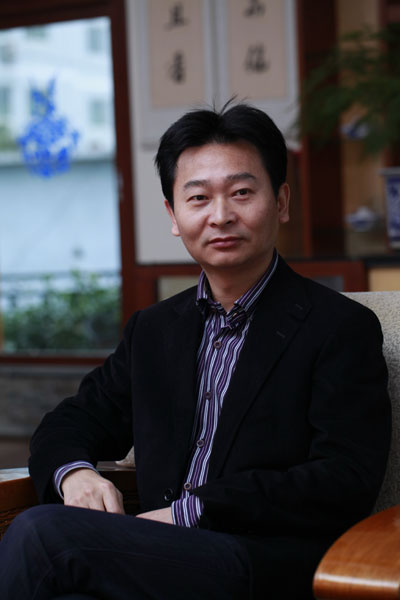 |
|
Wu Xiangyang. [Photo provided to chinadaily.com.cn] |
When it comes to a traditional village, the concepts of development and protection often seem contradictory.
City dwellers often love the idea of escaping the crowds and a busy life for a quiet ancient village. Once they are disappointed, which is often, the developers always seem to be blamed for poor planning.
Every coin has two sides, and businessmen may have their own side of the story to tell. We recently interviewed Wu Xiangxiang, a policeman-turned-entrepreneur, who gave up his job as a civil servant in Guangdong province, and returned to his hometown in Jiangxi to explore the possibility of rural tourism in 2000.
About Huangling
Located in East China's Jiangxi province, Huangling village is under the administration of Wuyuan county, a popular destination known as "China's most beautiful countryside".
But unlike the other villages popular with tourists in Wuyuan, Huangling went through difficult times before Wu was engaged in its tourism development in 2009.
Hanging on the middle of a mountain, the village had been largely destroyed by mudslides. About half of the villagers had moved out and the rest had to live in dilapidated houses. There was only a small stone road connecting the village to the outside world. The village also suffered perennial water shortages. Children had to walk down the mountain for school once they reached the fourth grade, and medical services were limited.
Five years later, and Huangling is set to open to tourists this year, and it is already labeled as "China's most beautiful symbol". Through an equity swap deal with Wu's company, native households have moved into new homes in flat areas not far from the original village. They were also invited to return and work in the scenic spot in various occupations. Some work as hospitality staff, some run folk art shops, some are employed to perform traditional activities and interact with visitors. Wu also plans to invite some households to move back to give the village more vitality. Tourism has therefore become a solution for the villagers.
A conversation with Wu Xiangyang
What is your understanding of "develop" and "protection"? The two concepts often seem contradictory when it comes to traditional villages.
In my definition, without development, there is no future. Without protection, there is no sustainable future. Business development must be handled with care and protection must be persistent.
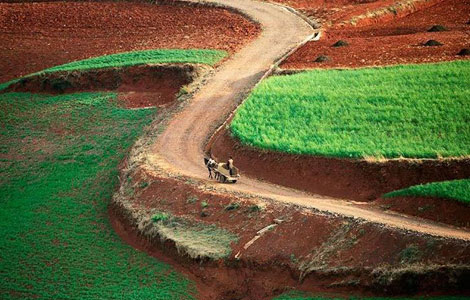
 Picturesque scenery of red earth in Yunnan
Picturesque scenery of red earth in Yunnan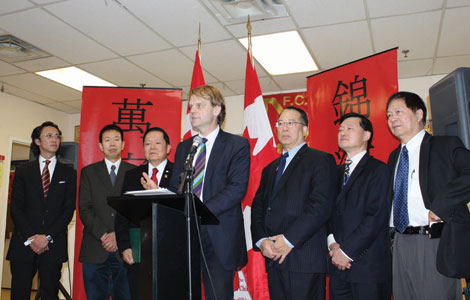
 Across Canada March 13
Across Canada March 13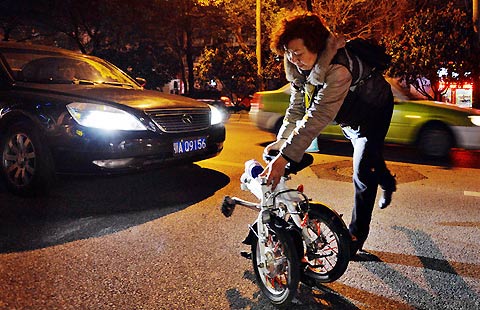
 Night life with a difference
Night life with a difference
 Top 8 symptoms of being a smartphone addict
Top 8 symptoms of being a smartphone addict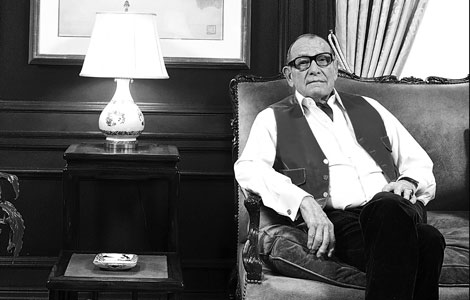
 Christie's to auction landmark Chinese collection
Christie's to auction landmark Chinese collection
 Chinese manufacturers keeping Apple Watch ticking
Chinese manufacturers keeping Apple Watch ticking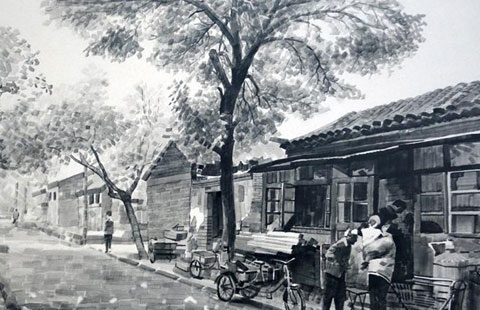
 Hutong culture captured on porcelain plates
Hutong culture captured on porcelain plates
 Foreigners at the 'two sessions' over the years
Foreigners at the 'two sessions' over the years
Most Viewed
Editor's Picks

|

|

|

|

|

|
Today's Top News
Nation open to US pivot
Small Chinese firms discovering OTCBB market
Tencent, US firm join on e-books
Strong US dollar impacts world trade
Two officers shot outside Ferguson police HQ
Clinton brings Benghazi panel back in spotlight
Prudent monetary policy continues
Reproach for wrongful convictions
US Weekly

|

|








